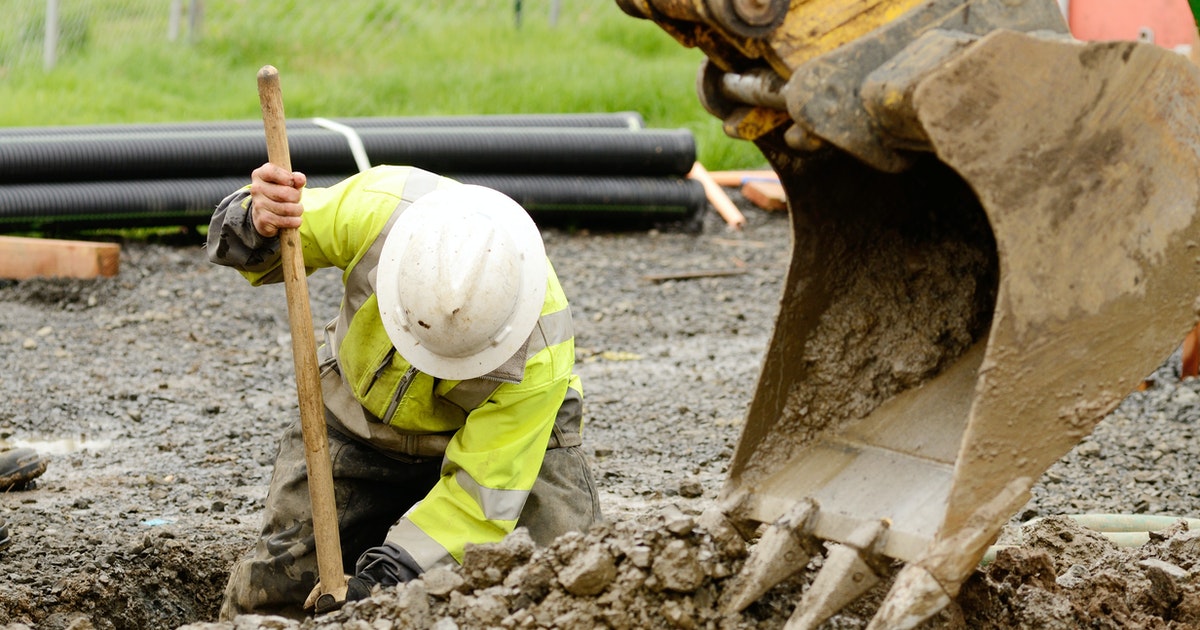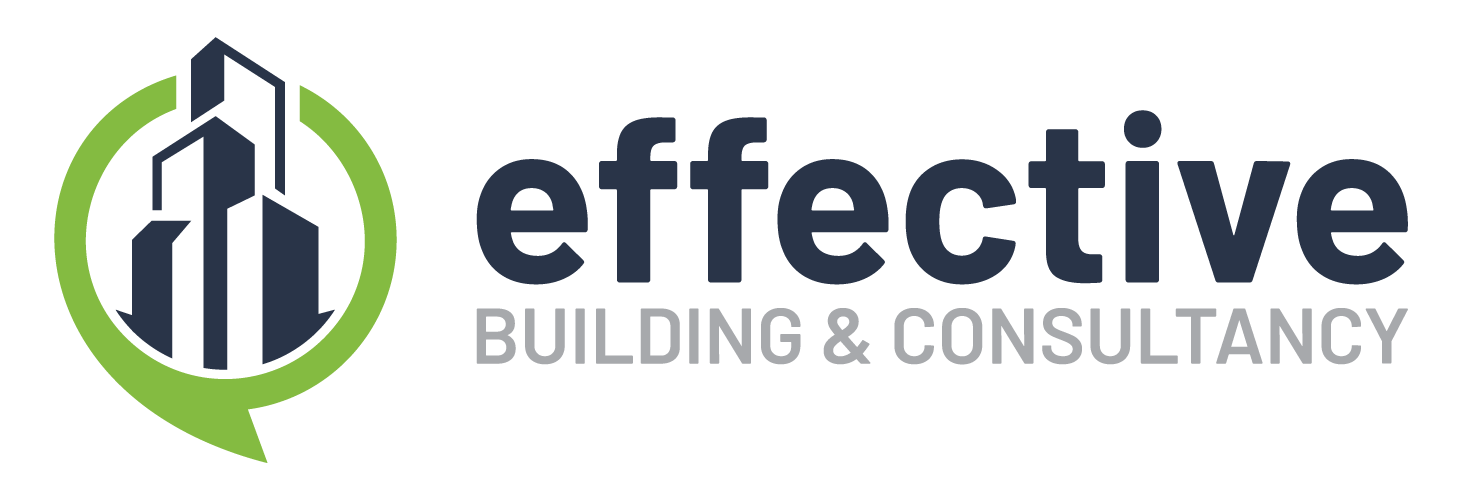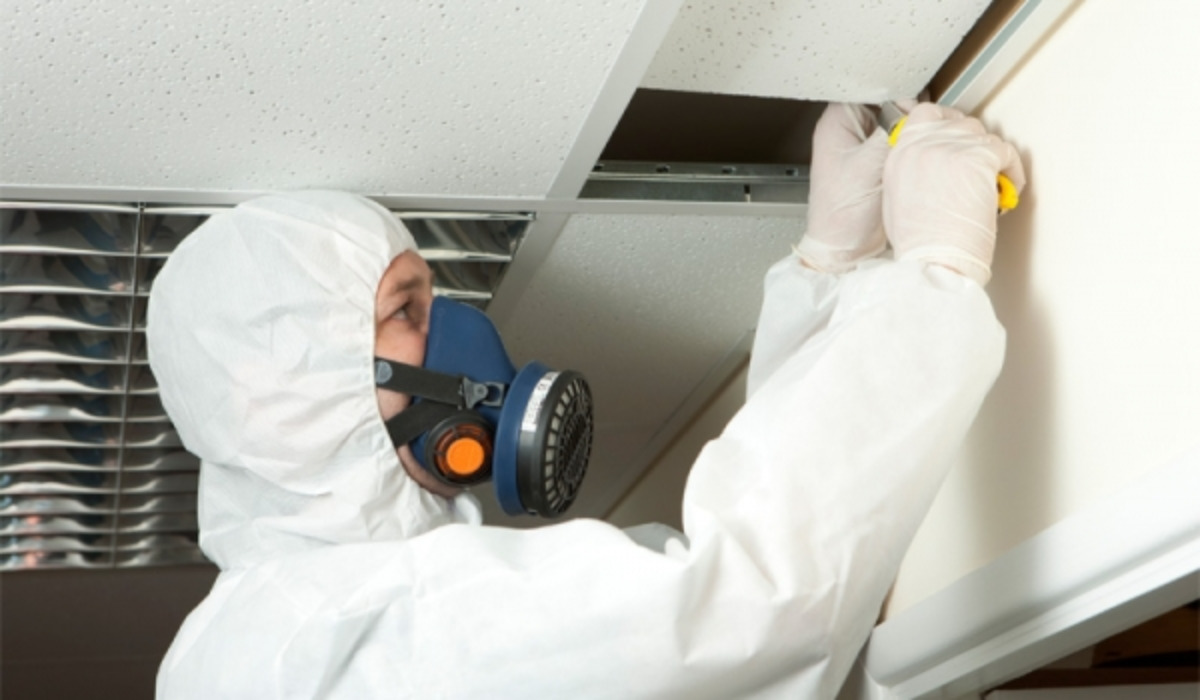
- May 3, 2021
- Effective Building
- 0
Whether you’re a private homeowner or professional, it’s very important that you call “Dial Before You Dig” before doing any excavation work.
Careless digging threatens pipelines and other underground facilities, worse is people. Annually, underground facilities are damaged during excavation. This involves hundreds of thousands of incidents. Many of these incidents result in injuries and fatalities.
What is Dial Before You Dig?
Dial Before You Dig is a free referral service for knowing the information of the underground infrastructure in Australia. The service is designed to protect a network of underground cables and pipes and ensure the safety of those working around this infrastructure.
Dial Before You Dig acts as a single point of contact between underground asset owners and excavators. Owners of underground infrastructure, which include telecommunications carriers are members of Dial Before You Dig.
When an excavator enquires Dial Before You Dig, their project information is sent to the member, and the member responds to the excavator, in the form of plans.
The use of Dial Before You Dig, along with other damage prevention initiatives, has significantly increased excavation safety. People digging should get these plans before doing any excavation work to ensure they don’t damage this underground infrastructure.
Dial Before You Dig in Australia processes millions of incoming locate tickets from people undertaking excavation activities, such as commercial excavators, developers, and farmers, and homeowners annually.
Why Excavation Damage Still Occur?
Excavation damage still occurs, and a major reason is that many people don’t consider Dial Before You Dig. They simply neglect to call or they may consciously decide not to call.
They might be concerned about project delays or costs. They might assume that there are no underground facilities affected, or they may believe that previous calls for other projects suffice. However, failure to call Dial Before You Dig before digging can lead to hazardous consequences.
Every digging or excavation work requires that you call Dial Before You Dig before digging – even small like planting shrubs or trees. If you hit an underground utility line while digging you could harm yourself and those around you and disrupt vital services to an entire neighbourhood or community. You could also be responsible for fines and repair costs.
Why is Dial Before You Dig Important?
If you don’t have maps or plans showing the location of underground infrastructure, you may accidentally cut trunk cables or dig up and damage other underground cables or conduits. This may cut off essential services to homes and businesses until the cable is repaired by the asset owner.
If you caused the damage you’ll be liable for its repair and the cost can be expensive. Having accurate information on the location of underground assets can help you avoid a potentially dangerous and expensive mistake.
If you’re planning to subdivide land, there may be underground cables and pipes that need to be moved to another location. You may be required to pay an underground infrastructure owner, such as a telecommunications carrier, to move their equipment.
Given it can be expensive to undertake this type of work, it’s best to know what infrastructure is there and the possible costs before you start.
How Do You Contact Dial Before You Dig?
You can simply dial 1100 to reach Dial Before You Dig to reach them, regardless of where you are digging in Australia. Digging safely means calling 1100 before each job.
Whether you’re a homeowner or a professional excavator, you call 1100 allows affected facility operators to locate and mark their underground facilities in the area in which you are digging. There’s no cost to you – even the call is free – so call 1100 Dial Before You Dig.
When you call, they will collect information about the location of your intended excavation work. Then, they will contact the companies (facilities such as sewer and water pipelines, electrical utilities, telecommunications systems, and hazardous liquid and natural gas pipelines) that may operate underground facilities in that location.
By law, these companies should determine if their facilities could be affected by the excavation. If so, they must visit the excavation site and mark the exact location of their facilities with paint or flags.
Australian laws specify how much time they have to perform these actions and how far in advance you must call before digging.
Don’t assume that you know what’s below. Protect yourself and those around you. Call 1100 before you do any excavation work, every time.
After a call, wait the required time for facilities to be located, respect the marks and dig with care to avoid damaging underground facilities.
Moreover, you can also contact Dial Before You Dig via the website, or their mobile phone app.
For more information about building inspection services, visit our Help Centre.
Suppose you are planning to work on multi-story units. In that case, you may find yourself wondering if you should Read more
Where does pre-purchase building inspection come into play? Imagine this scenario: You just bought a new home. However, your dream-come-true Read more
Is the property built during the 80s or early 90s? If yes, then you might need an asbestos building inspector Read more





